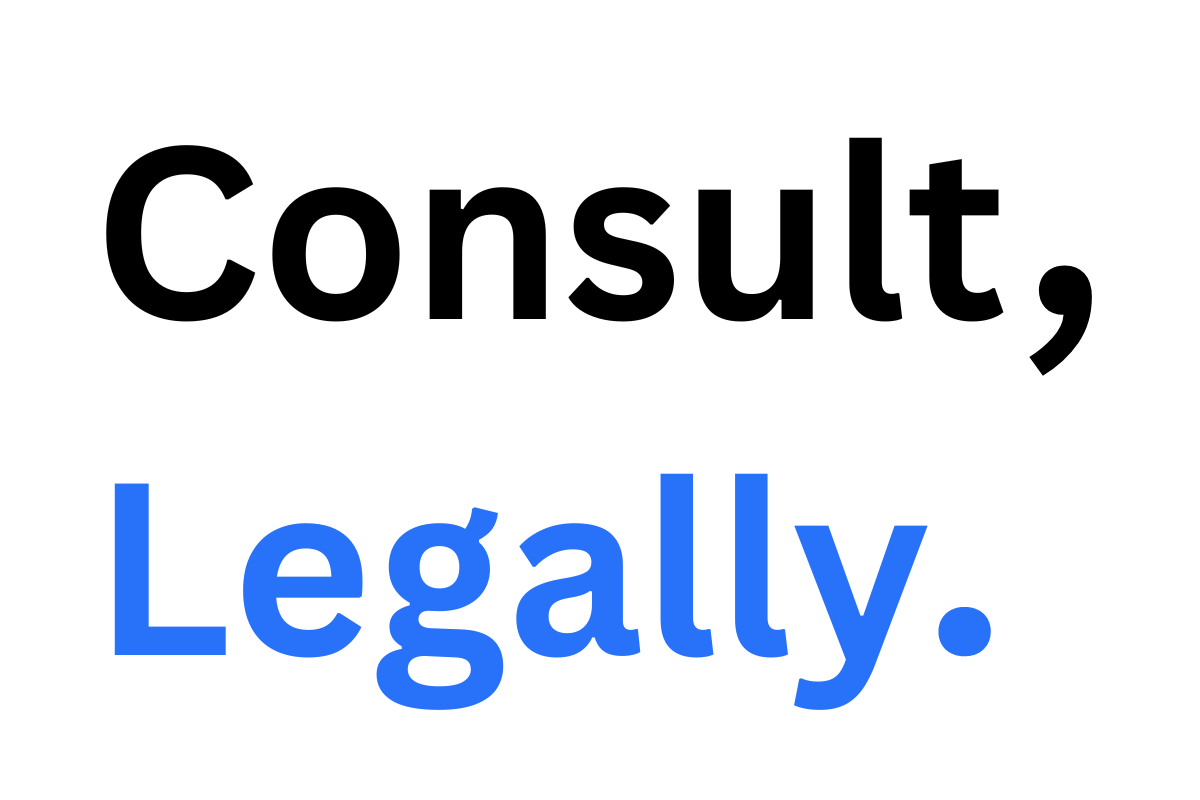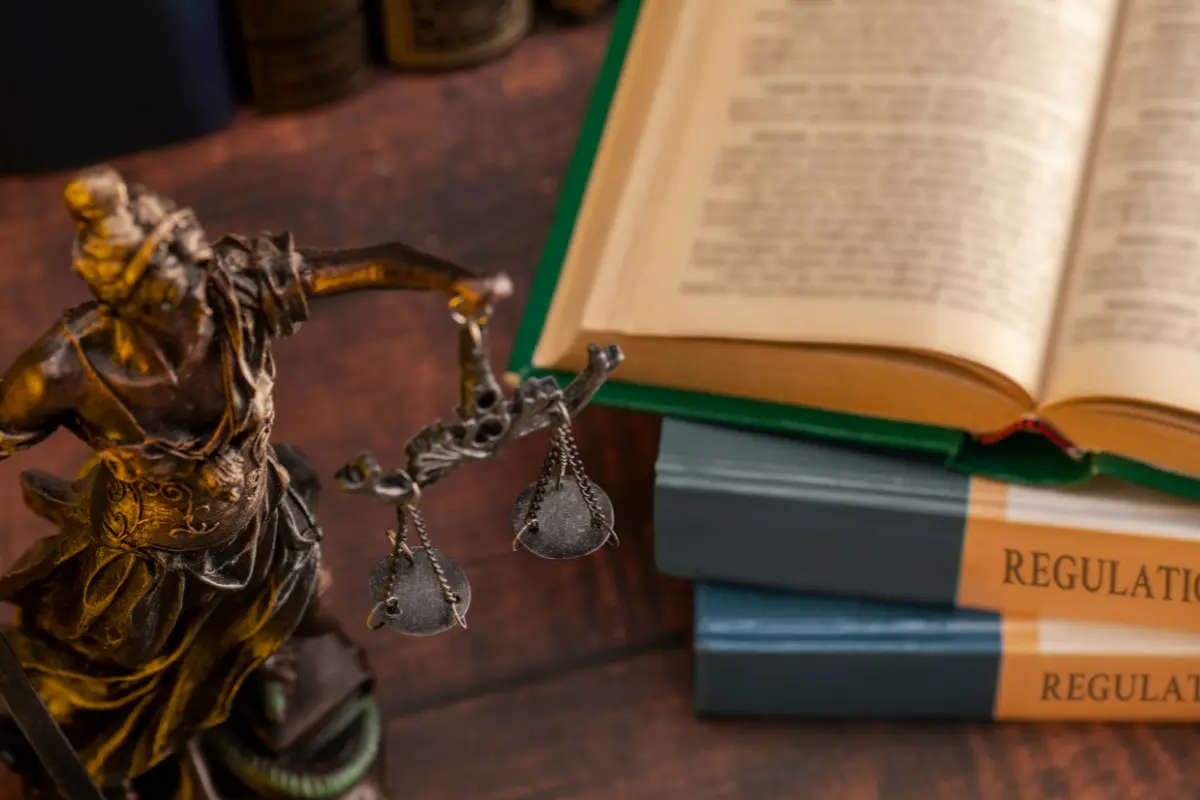When it comes to managing your assets and planning for the future, you might have heard of the term “trust.” While it may sound like something complex, an express trust is actually a useful and straightforward tool that can help you manage your property, avoid probate, and make sure your loved ones are taken care of.
In this article, we’ll break down everything you need to know about express trusts, how they work, and why you might want to consider using one.
What is an Express Trust?
In simple terms, an express trust is a trust that is intentionally created by someone (known as the “settlor”) for a specific purpose. This trust is not created by a court, but rather it is set up by the person who owns the property (the settlor) to make sure that it is managed and distributed according to their wishes.
Express trusts are commonly used in estate planning to pass on property to loved ones, avoid probate, and protect assets.
An express trust involves three key parties:
- Settlor (Grantor/Trustor): This is the person who creates the trust and transfers their property into it.
- Trustee: The person (or institution) who is responsible for managing the trust. They must follow the instructions of the settlor.
- Beneficiary: The person or group who benefits from the trust, typically receiving income or assets from the property held in trust.
Why Would You Use an Express Trust?
An express trust offers several advantages, particularly for estate planning. Here’s why it might be beneficial for you:
- Avoiding Probate: Probate is the legal process of distributing a person’s estate after they pass away. It can be time-consuming and expensive. With an express trust, the property held in the trust passes directly to the beneficiaries without going through probate. This can save time and reduce costs.
- Control Over Your Property: With an express trust, you have the flexibility to decide exactly how and when your beneficiaries receive your assets. For example, you can set up a trust that only gives money to a child when they reach a certain age or meet other conditions.
- Protecting Assets: If you want to protect your assets from creditors or ensure that your beneficiaries manage the property responsibly, you can set up special conditions in the trust, like a spendthrift clause, which prevents beneficiaries from squandering the trust’s assets.
- Tax Benefits: Some trusts, like charitable trusts, can provide tax benefits, allowing you to reduce your taxable estate and leave money to your favorite charities.
- Minimize Family Disputes: An express trust clearly outlines your wishes, which can help avoid confusion and conflict among your family members after your death. It ensures that your property is distributed exactly as you want.
How Does an Express Trust Work?
Creating an express trust involves several steps. Here’s a simplified overview of how it works:
- The Settlor Creates the Trust: The settlor decides they want to create a trust to manage their assets. They write a trust document that specifies how the property should be managed, who will be the trustee, who the beneficiaries will be, and how the assets should be distributed.
- The Trustee Manages the Trust: Once the trust is established, the settlor transfers their property (real estate, money, or other assets) into the trust. The trustee is then responsible for managing and distributing the assets according to the settlor’s instructions. The trustee must act in the best interests of the beneficiaries and follow the terms outlined in the trust.
- The Beneficiaries Receive the Benefits: The beneficiaries of the trust are entitled to receive the benefits outlined in the trust. This might include receiving income from the trust’s assets or having the trust distribute assets to them when certain conditions are met (such as reaching a certain age).
What are Common Types of Express Trusts?
There are different types of express trusts, and each one serves a unique purpose. Here are some of the most common types:
Revocable Living Trust
This is one of the most common types of express trusts. It allows the settlor to retain control over the assets during their lifetime. The settlor can change or revoke the trust at any time. When the settlor passes away, the assets in the trust are distributed according to the terms outlined in the trust document, without the need for probate.
Irrevocable Trust
Unlike a revocable living trust, an irrevocable trust cannot be changed or revoked once it is created. Once the assets are transferred into an irrevocable trust, the settlor no longer owns the assets and cannot change the terms of the trust. These trusts are often used for estate tax planning and asset protection.
Testamentary Trust
A testamentary trust is created through a person’s will and takes effect only after they die. The will specifies who will be the trustee and the beneficiaries. This type of trust is commonly used to provide for minor children or loved ones who may need assistance managing their inheritance.
Charitable Trust
A charitable trust is created to benefit a specific charity or cause. The settlor donates money or assets to the trust, and the trustee is responsible for distributing the funds according to the settlor’s wishes. Charitable trusts can provide tax benefits, as donations to the trust may be tax-deductible.
Special Needs Trust
A special needs trust is designed to benefit a person with a disability. It ensures that the individual’s needs are met without disqualifying them from government benefits like Medicaid or Supplemental Security Income (SSI).
Spendthrift Trust
A spendthrift trust is designed to protect the assets from being mismanaged or squandered by the beneficiaries. The trustee controls the distribution of the assets, and the beneficiary cannot access or transfer the trust’s property directly.
What are the Three Certainties of an Express Trust?
For an express trust to be valid, it must meet certain legal requirements. These are known as the three certainties:
- Certainty of Intention: There must be a clear intention by the settlor to create a trust. This means that the settlor must specifically state that they are creating a trust and not just making a gift of property.
- Certainty of Subject Matter: The property held in the trust must be clearly identified. For example, the trust must specify what assets (money, real estate, etc.) are being transferred into the trust.
- Certainty of Objects (Beneficiaries): The beneficiaries of the trust must be clearly identifiable. The trust document must state who will benefit from the trust and under what conditions.
How to Set Up an Express Trust?
Setting up an express trust involves several steps:
- Decide What Assets to Place in the Trust: First, you need to decide which assets you want to place in the trust. This could include real estate, bank accounts, investments, or other valuables.
- Choose a Trustee: You need to select someone who will manage the trust. This can be a family member, a friend, a professional trustee, or even a trust company. The trustee must be someone you trust to follow your instructions.
- Write the Trust Document: The trust document outlines how the trust will be managed, who the beneficiaries are, and how the assets will be distributed. It’s essential to be clear and specific in this document.
- Transfer Ownership of Assets: After the trust document is signed, you will need to transfer ownership of the assets into the trust. This may involve changing titles or ownership records for properties, bank accounts, or investments.
- Review and Update the Trust: It’s important to review your trust regularly, especially if your circumstances change (e.g., marriage, divorce, or the birth of children). You can amend or update the trust as needed, depending on the type of trust you’ve created.
Conclusion
An express trust is a powerful tool for managing and distributing your assets, whether you’re planning for the future, protecting your family, or minimizing taxes. It gives you control over how your assets are managed and distributed, ensuring your wishes are followed.
By understanding how express trusts work, you can make informed decisions about your estate planning and provide peace of mind for you and your beneficiaries. If you’re considering setting up a trust, it’s always a good idea to consult with a legal professional to ensure everything is done correctly.

